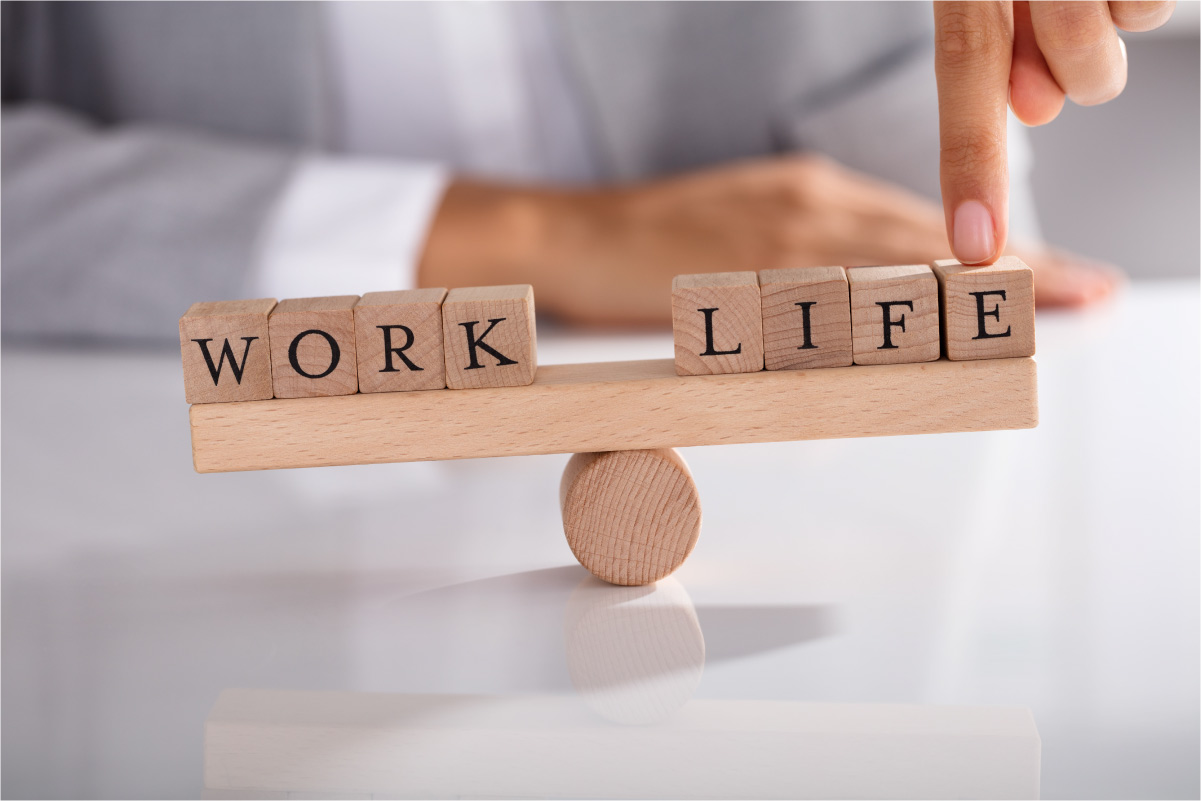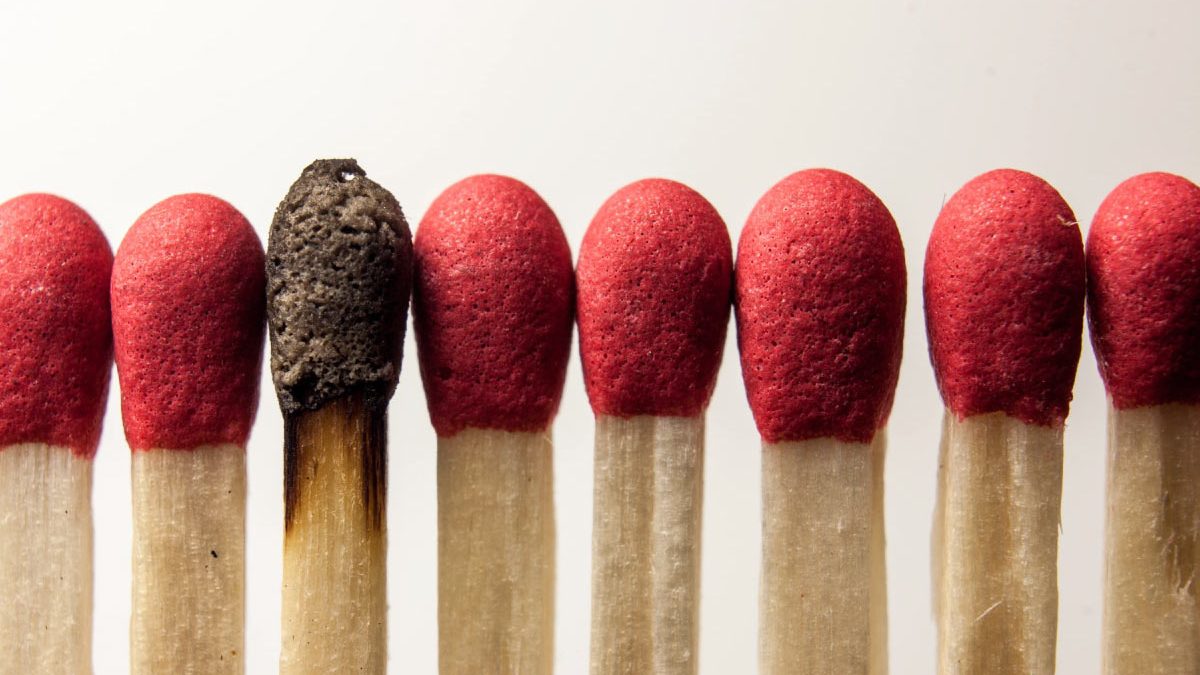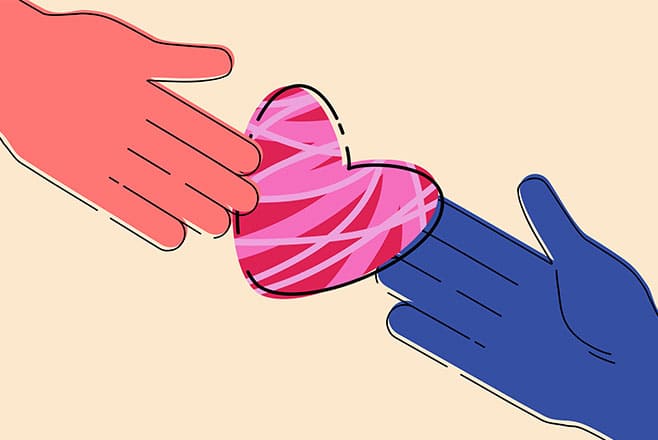Immunity, Mood & Mental Clarity
How to spot burnout and take action
09 November 2020
“Almost everything will work again if you unplug it for a few minutes…including you.” - Anne Lamott
Everyone experiences stress from time to time. Stress is nature’s way to get our mind and body to prioritise certain tasks efficiently. And once that task is completed, the stress disappears. Burnout, on the other hand, happens when unresolved stress is prolonged. Coined by psychologist Herbert Freudenberg in 1974, burnout is a state of emotional and physical depletion caused by excessive and prolonged stress.
Burnout doesn’t happen overnight. Like all dangerous things, it is insidious in nature and often happens quietly and unnoticed until it is too late. Burnout is extremely damaging to our physical and mental health. Knowing what signs to look out for is vital before we convince ourselves there is no light at the end of the tunnel.
What is burnout?
It’s when we feel physically, mentally and emotionally drained due to continuous stress. It’s a feeling that our inner resources are depleted. There are 4 main stages of a burnout and the sooner we detect them, the more effective our actions would be in avoiding it.
Stage 1: Honeymoon Phase
You start off a project filled with energy, enthusiasm and dedication. You happily accept responsibilities and deadlines with a mindset that you have a game plan all mapped out.
Stage 2: Onset of Stress
You feel like your work is never-ending. You can’t remember when was the last time you took off work. You find your enthusiasm diminishing. You are easily irritated because you feel like you are always picking up after everybody. Other common symptoms include anxiety, fatigue, lack of sleep and general neglect of personal needs.
Stage 3: Chronic Stress
Things go from bad to worse. Your stress level is off the charts and all the symptoms in stage two are now manifesting itself even more clearly. You find yourself distancing from friends and family and you are constantly feeling pressured and out of control.
Stage 4: Burnout
Here is where it gets critical. Going on as though life is normal is not likely at this stage. Feelings of wanting to escape, “drop” out of society and move away from family and friends is strong. Your body is exhausted and you tend to be negative and pessimistic about everything. Your judgment is compromised.

Fighting burnout
To break out of this downward spiral, especially when we’re at stage 4 is no easy task, but more importantly, not impossible. Combating burnout is a simple matter of self-care and finding balance.
Unplug and disconnect
You cannot control the influx of text messages and emails but you can control when you respond to it. Being available 24/7 for work is not sustainable. Instead, schedule pockets of time to check and respond to work messages.
Schedule playtime
All work and no play makes Jack and Jane crazy, stressed out people. Schedule time for what you find relaxing. Whether it’s watching a comedy show for 30 minutes or just reading a book, finding time to switch off and relax is not only recommended, it is necessary.
Sleep
Do what it takes to get adequate, quality sleep (minus the sedatives and substances). When we don’t sleep, nothing works. Sleep is our body’s way of healing. Lack of sleep greatly impacts our immune system. If our immune system is compromised, everything goes downhill from there.
Find a support system
No man is an island and although we think we can do it all, we can’t. Learn now to delegate and speak to family and friends for support. There is no shame in getting help.

Work is important but not at the expense of your physical and mental health. Learn to strike a balance between work and life. And do put your needs before others, because as the adage goes, you can’t pour from an empty cup. To look after others, you first have to take care of yourself first.






